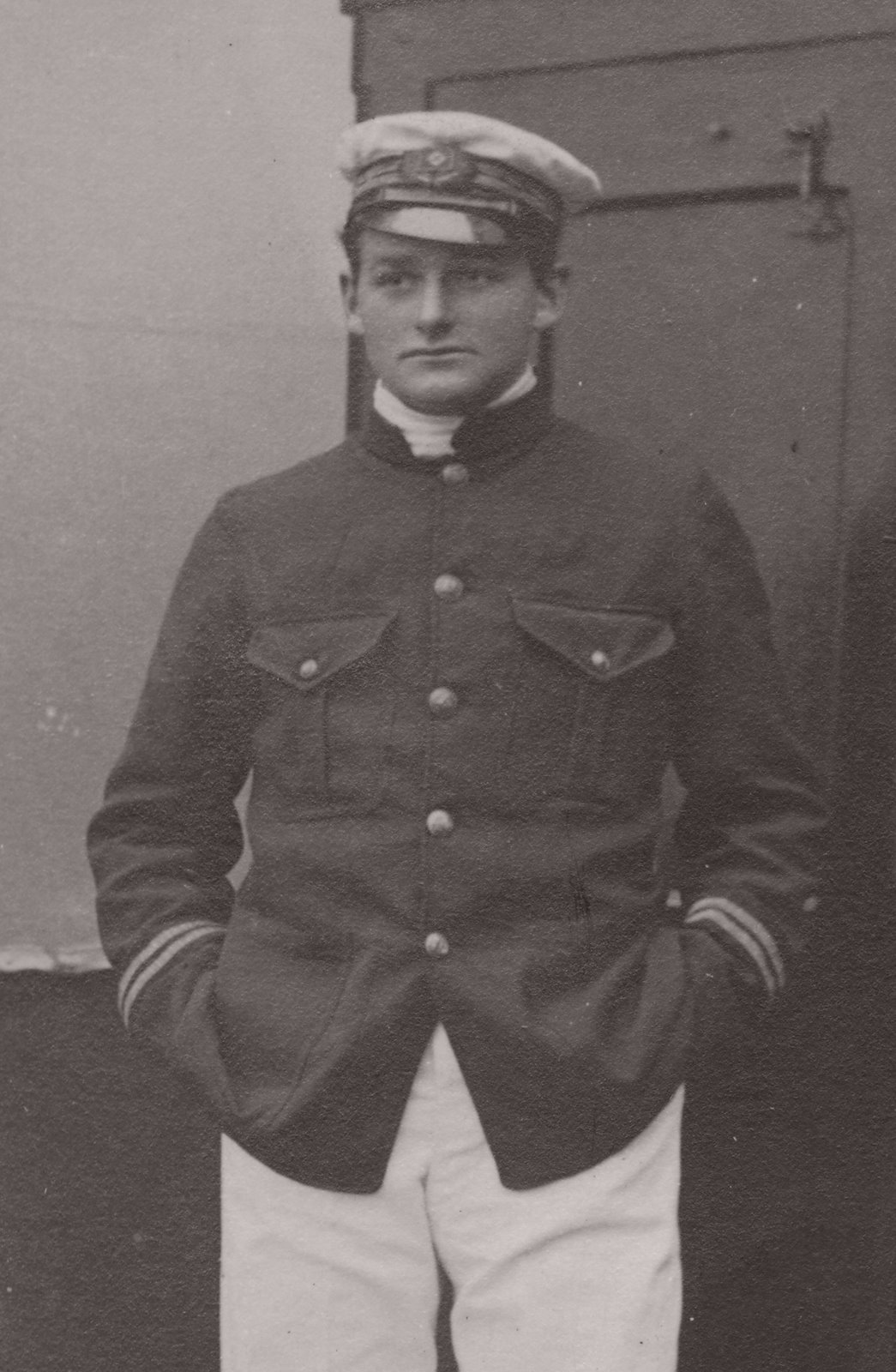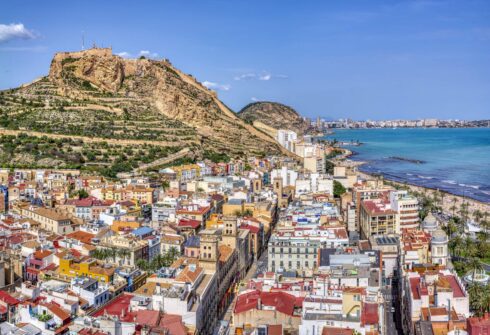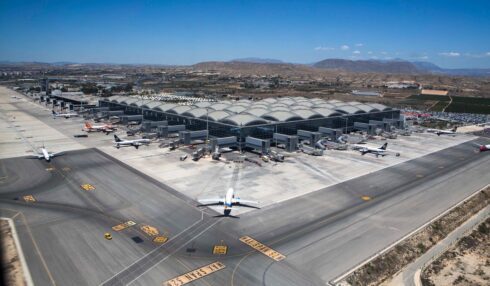IN the Alicante Marina lies a metal bust of a solemn-faced man in a sailor’s hat.
His eyes gaze placidly ahead, concealing the nearly forgotten story of a hero whose actions saved thousands of lives during one of Spain’s darkest hours.
The bust is a memorial to British sailor Archibald Dickson, who — besides being a recent target of Nazi vandalism — is best known for shepherding nearly 3,000 Spanish refugees to safety in Algeria at the end of the Spanish Civil War, as General Francisco Franco’s Fascist troops closed in on the Valencian port city.
Originally from the Roath Park area of Cardiff, Wales, Archibald Dickson became a sailor in the Merchant Navy as a teenager, and later went on to serve as a Navy Lieutenant in World War I.
By the outbreak of the Spanish Civil War in 1936, Dickson was the captain of an old coal-transport ship called the SS Stanbrook.
He was one of the so-called “blockade runners,” a group of British sailors who defied the Fascist-imposed blockade of Republican port cities along Spain’s Mediterranean coast, in order to retrieve cargo shipments.
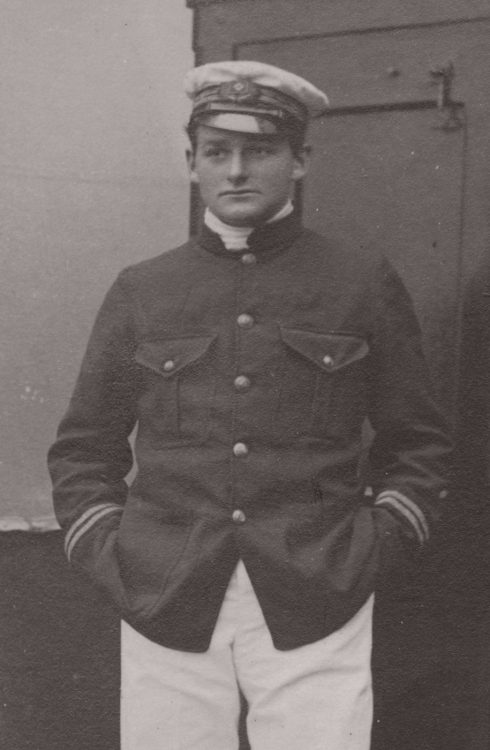
During the final offensive of the war, Franco — aided by air and artillery support from Nazi Germany and Fascist Italy — blocked access to Alicante in an attempt to prevent hired ships from evacuating Republican sympathisers and their families.
For the blockade runners the route was treacherous, littered with mines and Fascist bombs.
According to Spanish Sky, a historical special interest group dedicated to documenting the story of the blockade runners, 35 British sailors were killed in these waters during the first two years of the Spanish Civil War.
In March 1939, as the Fascists prepared for victory, Dickson was en route to Alicante to retrieve a shipment of oranges, saffron, and tobacco.
As the SS Stanbrook approached the port, Dickson received a warning from a Fascist warship to not enter the harbour.
He ignored this warning, and docked his ship while he waited for his cargo to arrive.
But with the cargo came thousands of refugees, most of whom were Republican soldiers, trade unionists, and anti-fascist politicians, as well as scores of women and children, all hoping to escape the bleak fate the Fascists were soon to bring.
Dickson was under orders to retrieve the cargo and not involve himself in the unfolding refugee crisis — orders which he quickly defied, risking his own life to invite an estimated 2,638 refugees onto the Stanbrook.
Then four-year-old Helia Gonzalez remembered boarding the ship vividly.
Her father was a leftist and a union leader, and almost certainly faced deportation to a concentration camp, or worse.
“We finally reached the ship. Strong arms lifted me up. I saw a smiling face, a sailor’s cap and he gave me a kiss on the cheek,” Gonzalez told La Vanguardia in 2014.
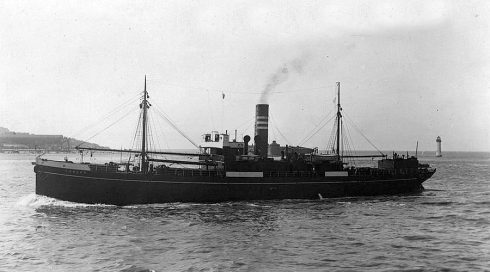
“He didn’t say a single word, but that hug, that look, promised something good… it was him, it was Dickson and there was no longer any danger.”
Dickson piloted the Stanbrook out of the Alicante harbour on the night of March 28, 1939, and headed towards the French-controlled Algerian port of Oran.
From there, the Spanish refugees began a harrowing journey to safety.
Initially, authorities in Oran forbid the refugees from disembarking, with Dickson reportedly threatening to run the ship aground if they weren’t allowed safe passage.
Months later, the SS Stanbrook was destroyed by a German torpedo in the English channel.
Dickson and everyone on board was killed.
But Gonzalez and the other Alicante refugees owed their lives to him, given another chance thanks to heroic actions of a foreigner.
READ MORE
- Nazi symbol is spray-painted on bust of British merchant in Alicante: Archibald Dickinson saved Republican families at the end of Spain’s Civil War
- Sniffer dogs find Spanish Civil War bombs buried on old factory site in Alicante area

